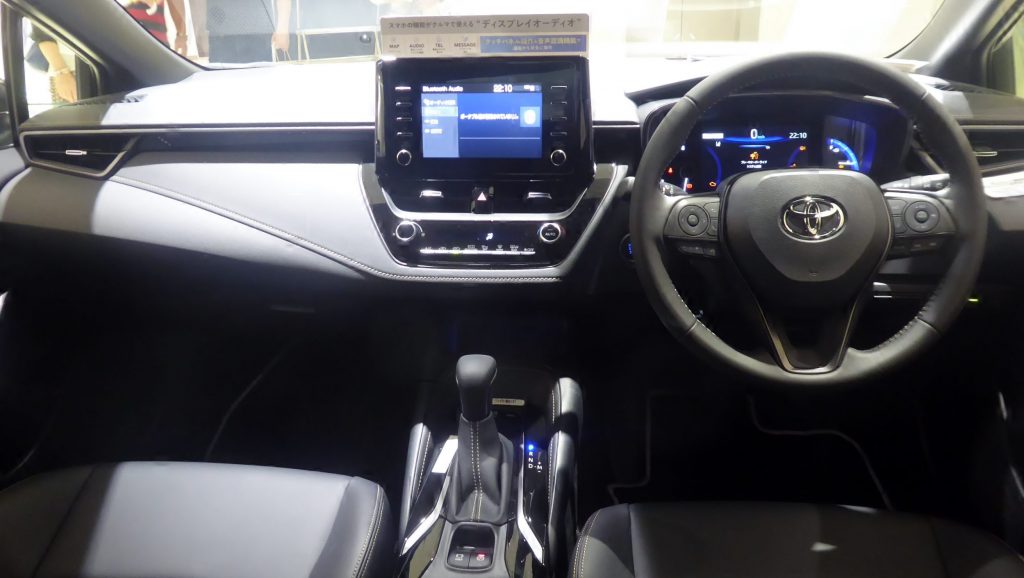An invention stems from the necessity of creating a simpler way to do something. In 1885, the first gasoline powered automobiles replaced horse carriages. In 1903 – a mere 18 years after the first car – humanity took to the skies with the first ever plane. Soon, we may even see the first flying cars.
A Matter of Automation
The main issue these days surrounding land cars is a matter of convenience. Technology started blending in with cars, giving them onboard computers capable of many things.
During the latter half of this decade, electronic cars started to overtake regular cars in terms of popularity. GPS maps and getting directions are now easier than ever. Self-driving cars are also in the horizon – but should it?
Human vs Machine Error
The idea behind self-driving cars is simple enough. You input your destination, push a button, and your car starts begins the trek. This can potentially remove hassles such as driving permits, knowing the area, or even knowing how to drive. Using a self-driving car is basically hiring a cab – only this time the driver is an onboard computer.
An onboard computer making the decisions, in theory, can decrease roadside accidents. This can prevent issues such as being sleepy, drunk, or simply inept at the wheel from creating incidents while driving.
Reaction Time
So what is the problem here? Well, it all boils down to human vs machine intuition. A learned individual can make split-second decisions – a machine may not be able to do so. The programming of the car may also have glitches. It may veer off course, or unexpected obstacles such as jaywalkers, wild animals, or other cars may come up on the road. Will the car react accordingly – or even on time – to these events?
Can you really trust a car’s intuition over your own? What do you guys think?
